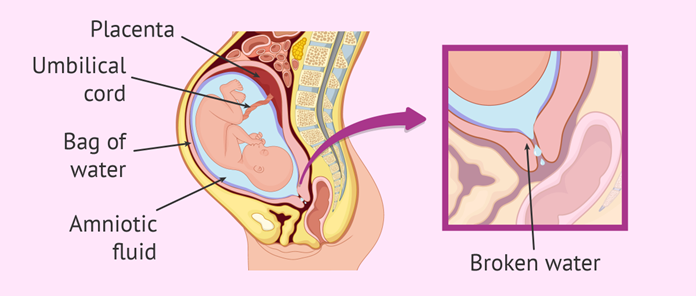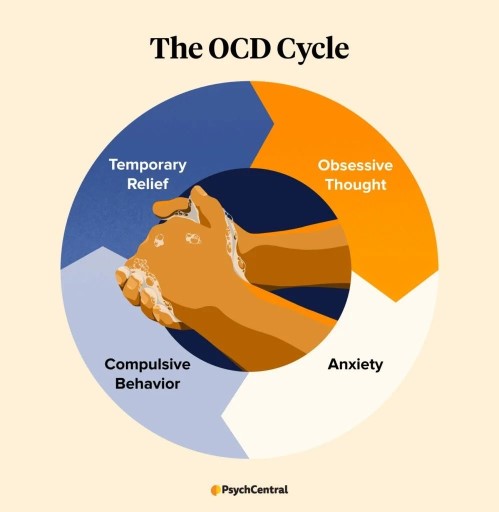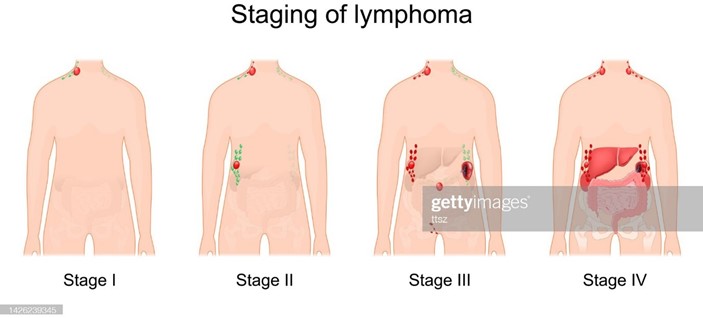The practical nurse (PN) is assigned to assist in the care of a client at 34-weeks gestation with premature rupture of membranes (PROM). Four hours after admission, the PN recognizes an increasing trend in the maternal heart rate. Which action should the PN take?
Follow contact precautions when providing care.
Insert a urinary catheter to monitor hourly output.
Encourage the client to push with the next contraction.
Initiate oxygen via face mask at 8 to 10 L/min.
The Correct Answer is D
An increasing trend in maternal heart rate is a sign of fetal distress, which can be a serious complication of PROM. One of the primary interventions for fetal distress is to increase oxygen delivery to the fetus. The practical nurse should initiate oxygen via face mask at 8 to 10 L/min to improve fetal oxygenation.
Contact precautions may be necessary for certain conditions, but they are not indicated for an increasing maternal heart rate.
Inserting a urinary catheter may be appropriate for monitoring output, but it is not the first priority in this situation.
Encouraging the client to push is not appropriate because the client is not in active labor and pushing can cause further complications.

Nursing Test Bank
Naxlex Comprehensive Predictor Exams
Related Questions
Correct Answer is B
Explanation
This is the most appropriate intervention for the PN to implement when approaching a client who is exhibiting compulsive behavior. By allowing time for the behavior, the PN acknowledges the client's need to perform the behavior and avoids creating further stress for the client. Redirecting the client to other activities can also help to refocus the client's behavior and prevent further compulsive behavior.
Encouraging the client to be calm and relax for a little while (A) may not be effective in managing the compulsive behavior.
Teaching the client thought-stopping techniques and ways to refocus behaviors (C) and assisting the client to identify stimuli that precipitate the activity (D) are interventions that may be used in the long term, but they may not be immediately effective in managing the client's behavior in the moment.

Correct Answer is D
Explanation
The PN should acknowledge the client's emotional state and allow him to express his feelings while also obtaining more information about the situation. By asking the client to share what he was told by the healthcare provider, the PN can gain a better understanding of the client's knowledge of the disease and provide appropriate education and support. Options A, B, and C are incorrect because they do not address the client's emotional state or provide helpful information to the PN in this situation.

Whether you are a student looking to ace your exams or a practicing nurse seeking to enhance your expertise , our nursing education contents will empower you with the confidence and competence to make a difference in the lives of patients and become a respected leader in the healthcare field.
Visit Naxlex, invest in your future and unlock endless possibilities with our unparalleled nursing education contents today
Report Wrong Answer on the Current Question
Do you disagree with the answer? If yes, what is your expected answer? Explain.
Kindly be descriptive with the issue you are facing.
